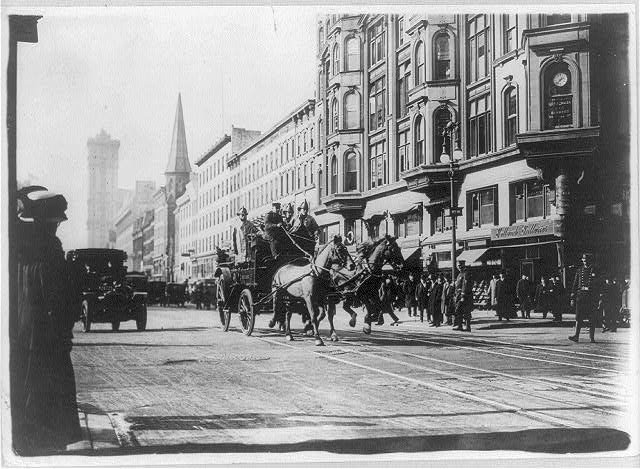This year's floods in Pakistan damaged houses, disrupted livelihoods and displaced thousands of families. The National Disaster Management Authority reported that since June 26, over 1,000 people have died. In response, Muslims, Christians, Hindus and Sikhs were among the volunteers who worked together to establish medical relief camps and provide safe drinking water.
Read MoreMany of the 500-plus wards of the Center for Nutrition and Education of Children Foundation were orphaned by Boko Haram killings in northern Nigeria. Others were sent to this northeastern town by relatives to escape ongoing violence. Some came from vulnerable situations in the surrounding villages.
Read More(ANALYSIS) Approximately 42% of married Jews have a spouse who is not Jewish. Among American Jews who have gotten married since 2010, that percentage rises to 61%. Most spouses come from Christian backgrounds, but others marry Hindus, Muslims, Buddhists or people from any number of other religious traditions. In my research on interfaith families, I’ve seen ceremonies combine traditions in a wide array of ways.
Read More(ANALYSIS) When I asked the students in my history class at the University of Michigan if they had heard of the Triangle fire, I was shocked to see almost all raise their hands. Many were familiar with how the disaster inspired the growth of labor activism and worker protections. Few of them, however, had thought about the central role of American Jewish women, the focus of my research.
Read More(OPINION) Faiths retain powerful impact in society despite the increase of people with no religious affiliation and other secular inroads. Relations among major faiths feel especially pertinent in 2023. So, in practice what do people know about other major world religions? What should they know?
Read More(ANALYSIS) In an age of polarization, it is worth remembering that one of the pillars of King’s philosophy was pluralism: the idea of multiple communities engaging one another, acknowledging their differences and shared bonds, and striving to create what King called a “Beloved Community.”
Read MoreThe Ahmaddiya Muslim community in Alberta, Canada hosted its annual World Religions Conference last night. Faith leaders gathered to discuss one big question: whether faith is at odds with the science of COVID-19. Here’s their top insights.
Read More






